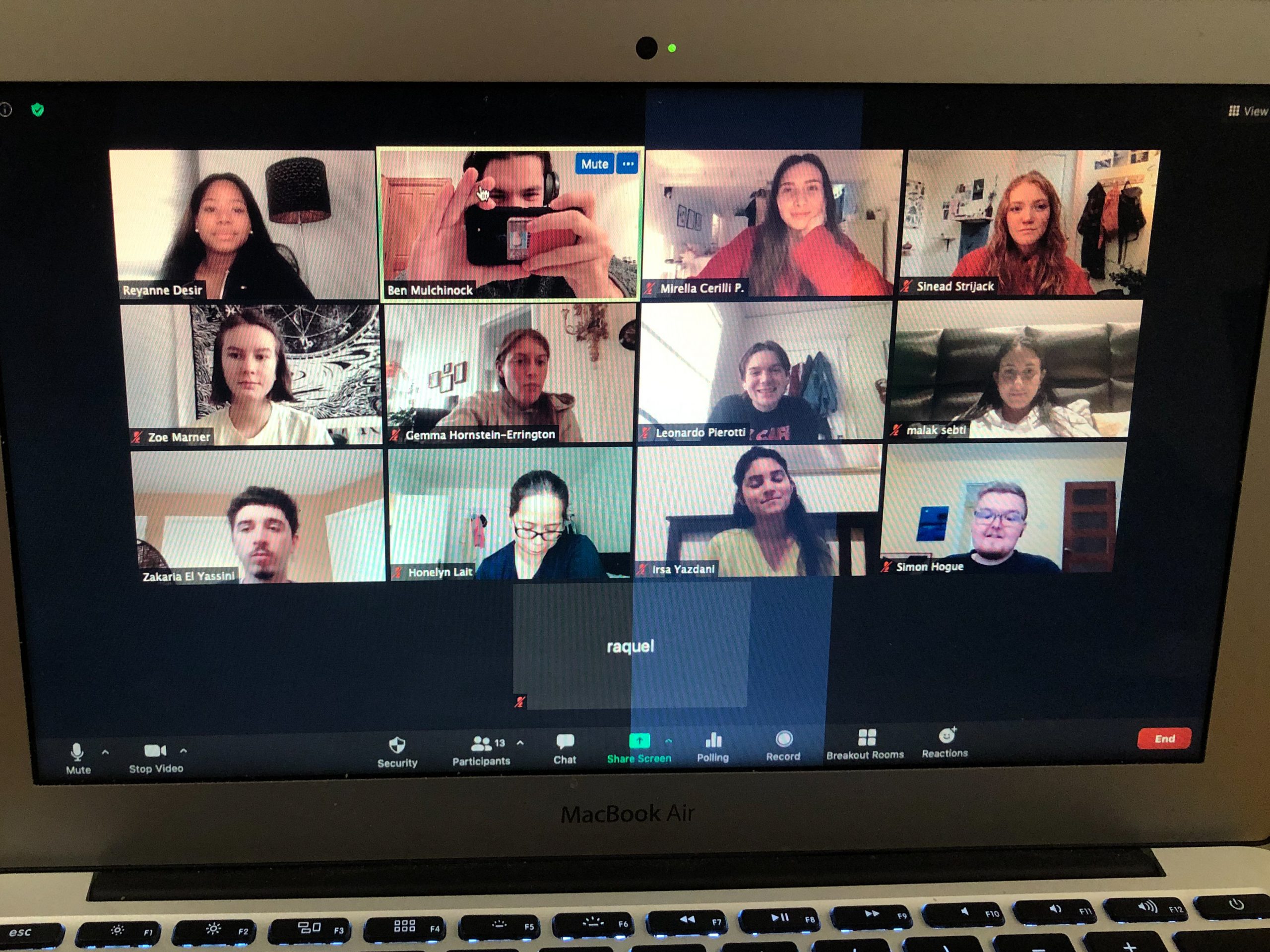Trying to manage school, family, friends and work seems like an impossible task. You just can’t divide yourself into different halves, unless you’re a magician. Many times trying to fit something into a schedule and running from here to there, means pulling out a little more hair and biting a little more nails, biting so low that cuticles have become a source of food for you.
The fact is that things shouldn’t be this way because life should be enjoyable and stress free. Basically, a life that consists of a diet with more then just pieces of finger nails and hopefully by the time you are 25 you will still have hair on your head. The solution; time management.
Working too many hours, perfectionism, trying to do everything and procrastinating all contribute to a lack of school time.
Mary O’Malley, co-ordinator for Student Learning Services at Concordia says the best advice for students is to “find out how much time you have realistically to allocate to school each week, outside classes, and then spend that time wisely.” She says it is “like making a budget for money. Lists of things to do won’t get you very far unless you put time limits on each task and try to fit what you have to do into the time you have.”
Managing your time wisely is all about organization, either you have it all together or you don’t. Making a schedule that allows some flexibility helps in the organization process. Thus, once organization is settled in, things flow more easily. You can do a few things at once without pulling your hair out.
Research from student services has also shown that successful students know how to manage their time, therefore scheduling and time management helps education in the long run. The better the time manager you are the better you will do in your studies.
On the flip side, comes those who have a full plate and so little time. The problem is that along with unorganized time comes stress. One way to relieve the stress is to “learn to focus on just one thing at a time. Break down big, long tasks so they are less overwhelming and learn some relaxation techniques, and always take time to have a life,” says O’Malley.
Half of the time the problem with time management is the lack of time or the total opposite, people enjoy procrastinating. Everyone procrastinates at least one time for a variety of different reasons. The secret to dealing with procrastination according to student services is “analyze why you are procrastinating in a particular situation and secondly choose a start-up strategy.”
There are many ways that students can learn how to manage their time either alone or with a little help. Student services offers two workshops specifically on time management to help students effectively develop their time.
If you want to learn more about these workshops you can stop by the centre located at H-440 on the SGW campus or visit counseling and development on Jan. 30. They will be hosting a fair on the mezz downtown. Students will be able to get some one on one help from individual learning specialists about time management.
O’Malley suggests using the Pareto principle to learn how to manage your time effectively; “learn and use the Pareto principle to change your mind set regarding use of time. Pareto says that 20 per cent of the effort equals 80 per cent of the results. This means that in any task, you need to go after what is most important and not try for perfection or 100 per cent because the corollary of this principle is that 80 per cent of the effort gets you only 20 per cent of the results. This is one reason why perfectionists sink at university, there’s not enough time to do it all. So, study smart – spend time on what counts most.”
At any age, good time management is a necessary tool to be able to succeed in life. Time management and strategies help individuals plan, thus enabling a person to manage their course load and work load all at the same time. Setting aside some time to sit down and make a schedule of all the things going on in your life will help you in the long run.
Just try taking those five minutes out of your day to make a schedule, sometimes all you need is a time-out and a fixed schedule to regain perspective and keep your balance for happier time management.
Strategies for effective use
of study time
(provided by
Counseling & Development):
– Set specific study goals with time limits
– Snowball your learning
– Break down large projects into
smaller units
– Plan regular review time
– Use small bits of time
– Plan time for recreation and relaxation
– Plan ahead, anticipate
– Be prepared



